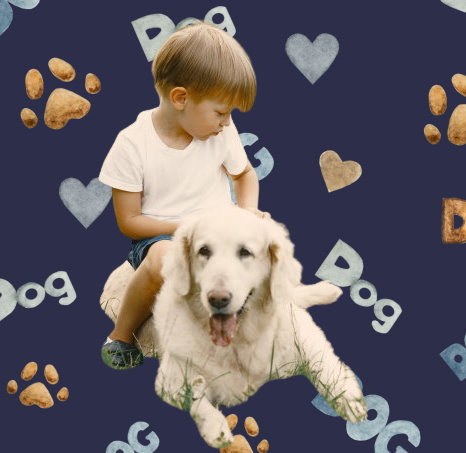Welcome to Dog Training Newbies !
Welcome to Dog Training Newbies !

Advanced obedience training takes your dog’s skills to the next level, enhancing their responsiveness and strengthening the bond between you. While basic commands like “sit” and “stay” lay the foundation, advanced training introduces more complex behaviors and challenges that keep your dog mentally stimulated and well-behaved.
One crucial aspect of advanced obedience is teaching your dog to respond reliably off-leash. This begins with establishing a strong recall command. Practicing in a controlled environment, gradually increase the distance and introduce distractions. Reward your dog with high-value treats and praise for returning promptly. Consistent practice ensures reliability, even in more distracting settings.
Incorporating distance commands is another effective technique. Training your dog to obey commands from a distance enhances control and safety. Start with basic commands like “sit” or “down” while standing close, then slowly increase the distance. Use clear hand signals in conjunction with verbal commands to reinforce understanding. By practicing regularly and rewarding success, your dog will learn to respond even when you are not nearby.
Another advanced technique is teaching your dog to heel off-leash. Begin by walking your dog on a loose leash, using treats to maintain their position beside you. Gradually transition to off-leash heeling in a secure area. Use verbal cues and hand signals to guide your dog’s movements, rewarding them for staying by your side. Consistency and patience are key, as this requires a high level of focus and discipline from your dog.
Impulse control exercises are vital for advanced obedience. Teaching your dog to wait patiently for a command before taking action enhances their self-discipline. Start with simple tasks like waiting at doors or before eating. Gradually increase the difficulty by introducing distractions or longer wait times. Consistently reinforce positive behavior with treats and praise, helping your dog develop stronger impulse control over time.


Scent work is an excellent way to engage your dog’s natural instincts and provide mental stimulation. This involves teaching your dog to identify and locate specific scents. Begin with familiar scents, gradually introducing new ones as your dog’s skills improve. Scent work not only enhances obedience but also provides an enjoyable and rewarding activity for your dog.
Teaching complex tricks and tasks can further develop your dog’s obedience skills. Commands like retrieving specific objects, turning lights on or off, or even navigating obstacle courses challenge your dog’s problem-solving abilities. Break down each task into smaller steps, rewarding progress along the way. This not only reinforces obedience but also strengthens the bond between you and your dog through shared achievements.
Incorporating clicker training into your advanced techniques can enhance precision and communication. The clicker serves as a marker to signal correct behavior, making it easier for your dog to understand what is expected. Pair the click with a treat to reinforce positive behavior, gradually phasing out treats as your dog becomes more proficient.
Enrolling in advanced obedience classes or working with a professional trainer can provide additional support and guidance. Trainers can offer personalized strategies and feedback, helping you and your dog achieve your training goals. Group classes also provide opportunities for socialization, allowing your dog to practice skills in a controlled environment with other dogs.
In conclusion, advanced obedience training techniques offer numerous benefits, including improved communication, enhanced safety, and a stronger bond between you and your dog. By incorporating techniques such as off-leash recall, distance commands, and impulse control exercises, you can elevate your dog’s skills and provide them with the mental stimulation they need. With patience, consistency, and positive reinforcement, you’ll enjoy a well-behaved and happy companion ready to take on new challenges.